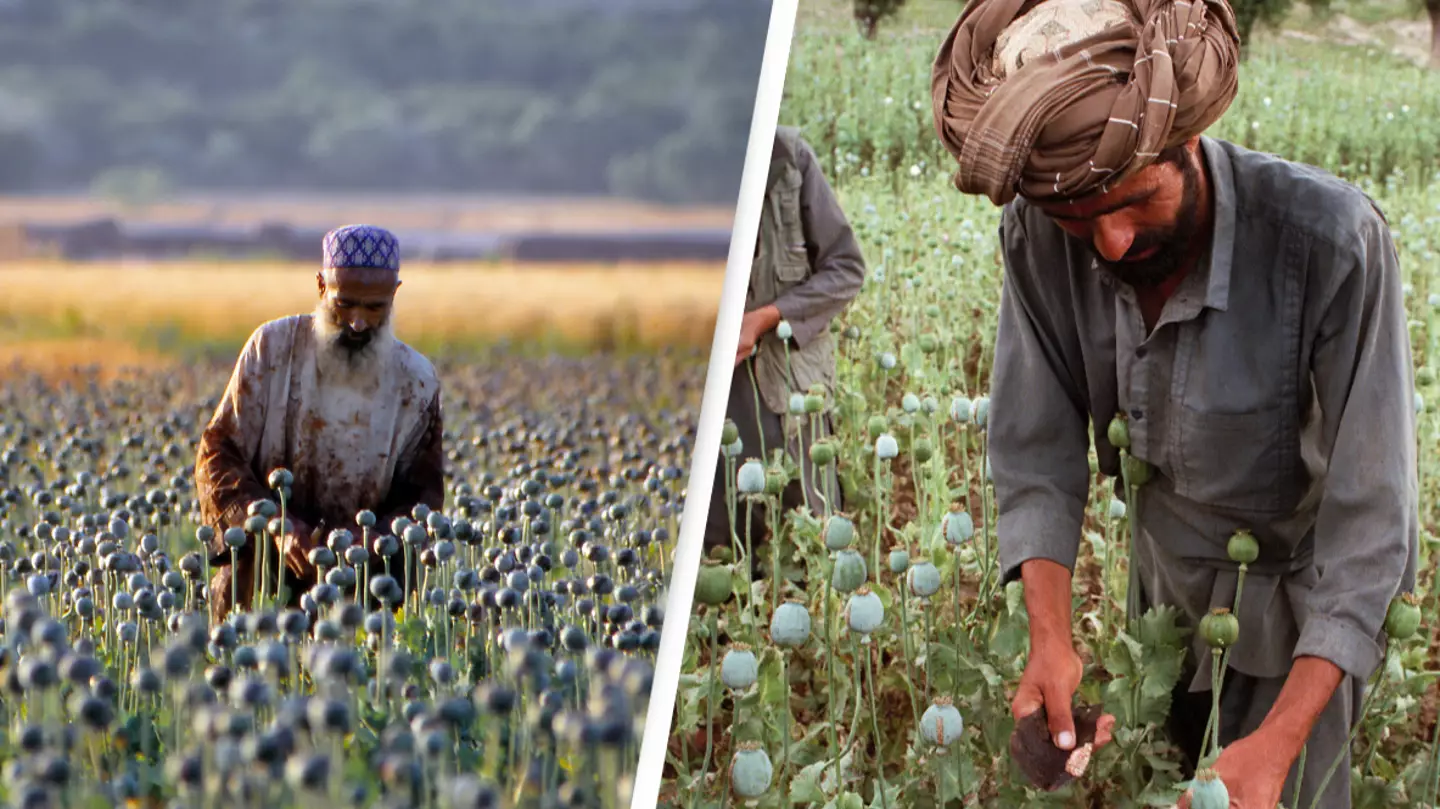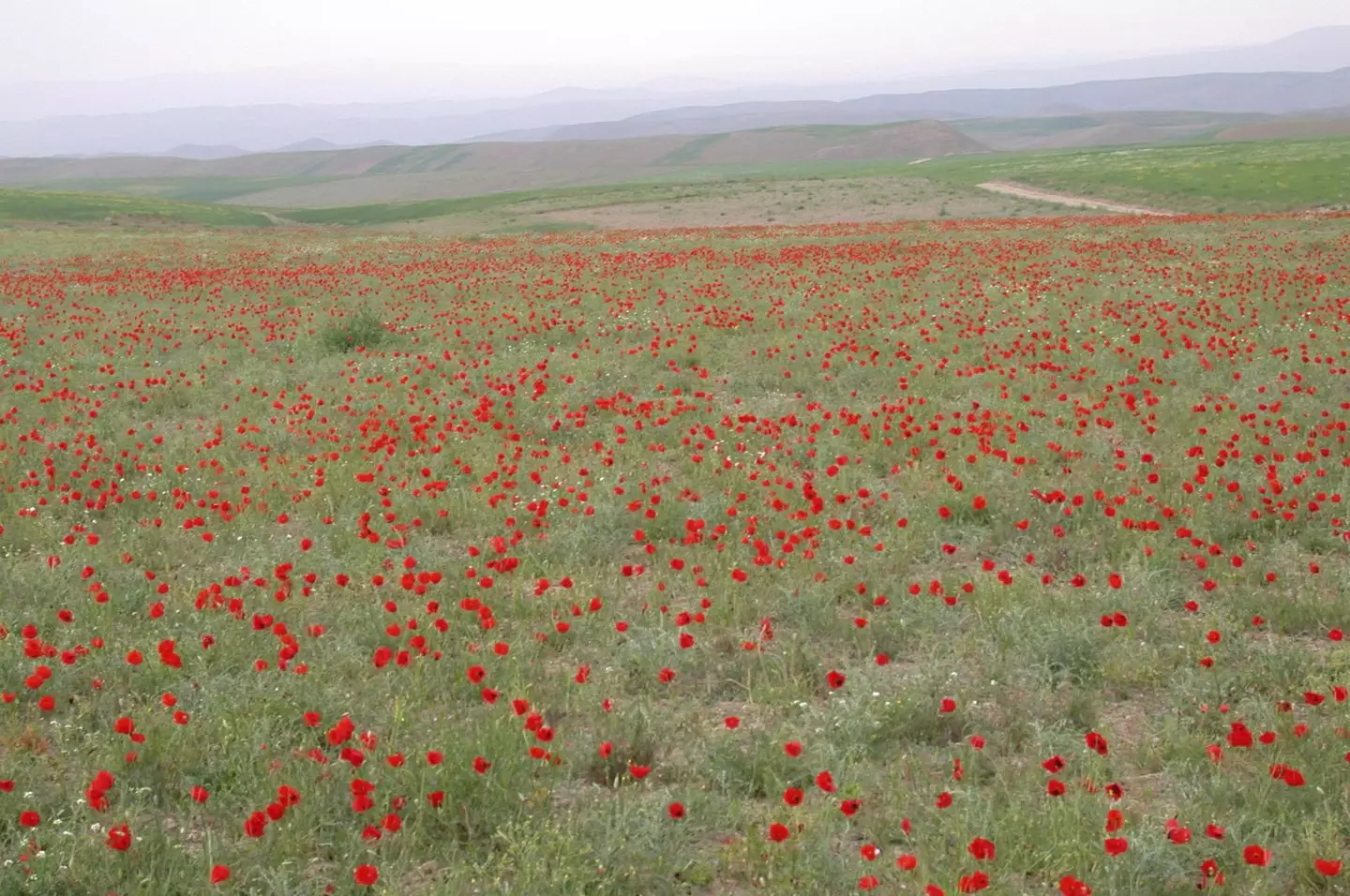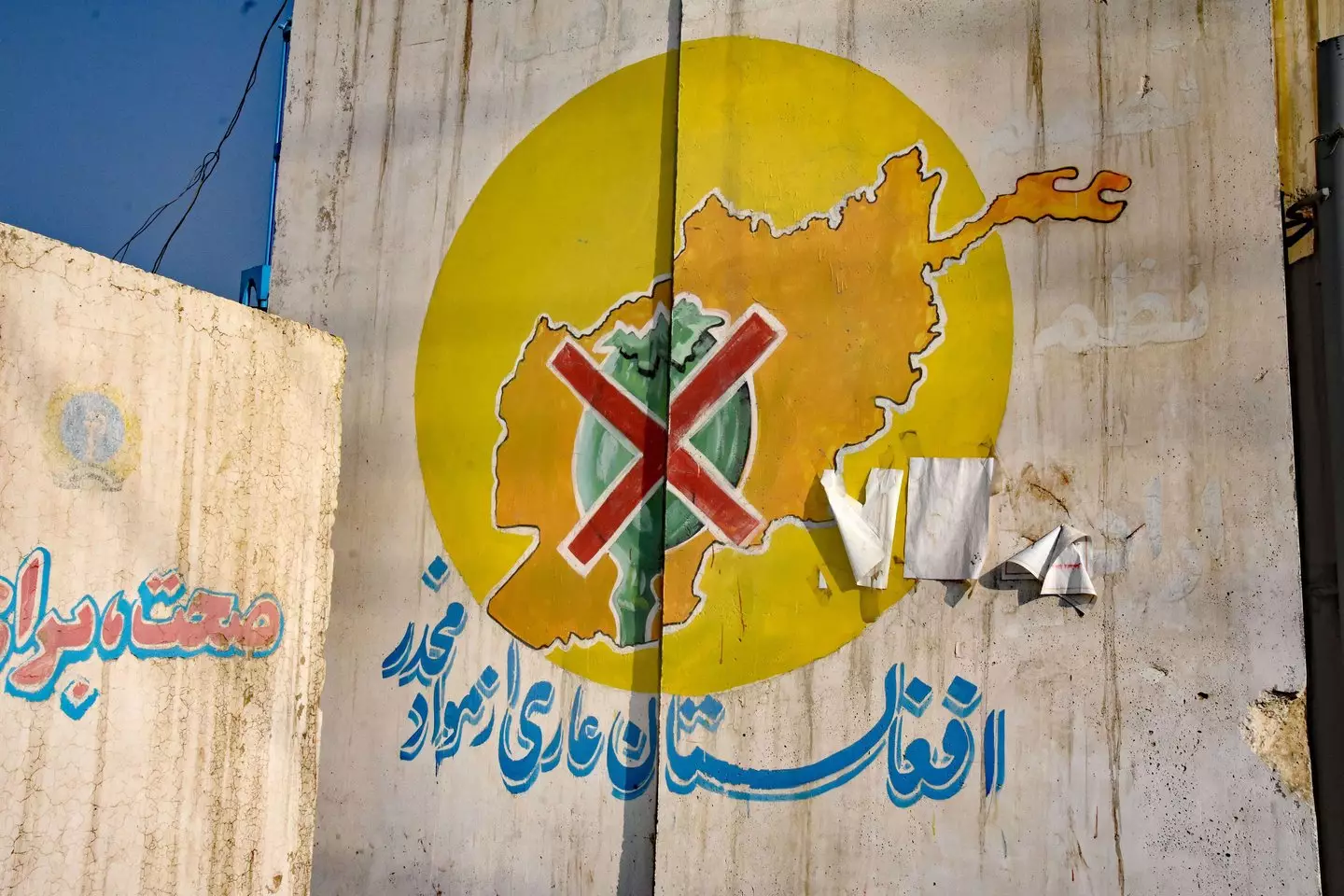
The Taliban has announced a ban on poppy production in Afghanistan, threatening the livelihoods of millions of farmers.
The ruling government warned farmers that any crops of the flowers - which produces the opium used to make heroin - would be burned, and threatened jail time for anyone who proceeded with the upcoming harvest season.
Afghanistan is the world's largest producer of opium, with small farmers and labourers able to earn as much as $300 per month from harvesting poppies and extracting the substance, of which more than 6,000 tons was produced in the country last year.

According to a UN report, income from opiate production represents approximately 7 percent of Afghanistan's GDP, with the newly announced ban set to plunge millions more people into poverty, even as 95% of Afghans are already struggling to find enough food to eat.
Advert
Poppy production had been banned under the previous Taliban government, though at that time the ban was implemented over the course of two years. Following the removal of the Taliban in 2001 many farmers resumed production, with the US and its international partners spending more than $8 billion over the last 20 years in an attempt to stop the trade and prevent heroin produced using Afghanistan's opium from reaching Europe and the Americas.
The US has reportedly made cracking down on illegal drug production in the country one of several conditions which the Taliban must meet in order to be recognised as a legitimate government by the international community.
A decree announced by Taliban spokesperson Zabihullah Mujahid also outlawed "transportation, trade, export and import of all types of narcotics such as alcohol, heroin, tablet K, hashish" as well as all "drug manufacturing factories in Afghanistan."

"If anyone violates the decree, the crop will be destroyed immediately and the violator will be treated according to the Sharia law," Mujahid said at a news conference on Sunday, 3 April.
Advert
The Taliban has pledged to source alternative sources of income for farmers, however efforts to replace poppy farming with wheat growing during the previous ban was unsuccessful, as farmers were unable to bring the crop to sell or to be ground into flour as a result of a lack of infrastructure.
Afghanistan is currently experiencing a devastating humanitarian crisis as the economy continues to fall, and as international aid previously given to the country remains halted.
If you have a story you want to tell, send it to UNILAD via [email protected]
Topics: World News
